
by Dr. Jacqueline S. Allen | Jun 16, 2014 | Blog, Dentistry, Endodontics
 Like every other profession, dentistry is going through rapid change here in the early 21st century. Advances in technology, proliferation of the internet, changes to the healthcare system and better consumer awareness are all factors in the way dental services today are delivered to patients. Such is the case with general dentists and specialists (Endodontists) alike.
Like every other profession, dentistry is going through rapid change here in the early 21st century. Advances in technology, proliferation of the internet, changes to the healthcare system and better consumer awareness are all factors in the way dental services today are delivered to patients. Such is the case with general dentists and specialists (Endodontists) alike.
An endodontist is a dentist that specializes in root canals. Historically, there has been a strong partnership between a general dentist and the endodontist who was equipped to handle emergencies and cases that required the skills of a dental specialist. There has always been a strong bond between the general dentist and the endodontist, the general dentist likes to have the ability to call and refer a patient for a root canal, often times for an immediate appointment.
So the business model for a specialty office was to market your services to general dentists within a 3 mile radius of your office and wait for the phone to ring with referrals from general dentists. This model has worked very well for decades in dentistry. It would not be uncommon for an endodontic specialist to receive 100% of their revenue from general dentist referrals.
As mentioned above, times are indeed changing. The advent of rotary instrumentation began a trend of dental supply companies selling these files to general dentists and convincing them that they should no refer out root canals to specialists and instead perform these procedures in their own office. This greed on the part of the manufacturers has led to root canal treatment below the standard of care which has caused stress, pain and unnecessary discomfort to thousands of patients whose case should have been referred out from the beginning.
Additionally consumers are taking to the internet to search out their own solutions and dental specialists. So many patients now utilize corporate dentists or clinics for their primary dental care and when they need services beyond the scope or comfort level of a clinic, they seek out the specialist themselves. This change has brought about an increase of “self-referred” patients to the endodontist.
Lastly, recent changes to the healthcare system in the United States was intended to primarily affect medical treatment for patients, but it is slowly creeping into dentistry as well. The overall “dumbing down” of our system is causing some patients to expect that they should be entitled to specialized dental care for little or no cost to them. This is a disturbing trend, yet in the end it will cause patients who appreciate the special care to seek out those providers who can deliver that type of treatment.
Indeed times have changed and the typical endodontic office now sees about 80% of their revenue generated from direct referrals from general dentists. These relationships are all the more important so that the specialist and the general dentist are on the “same page” for the good of the patient.
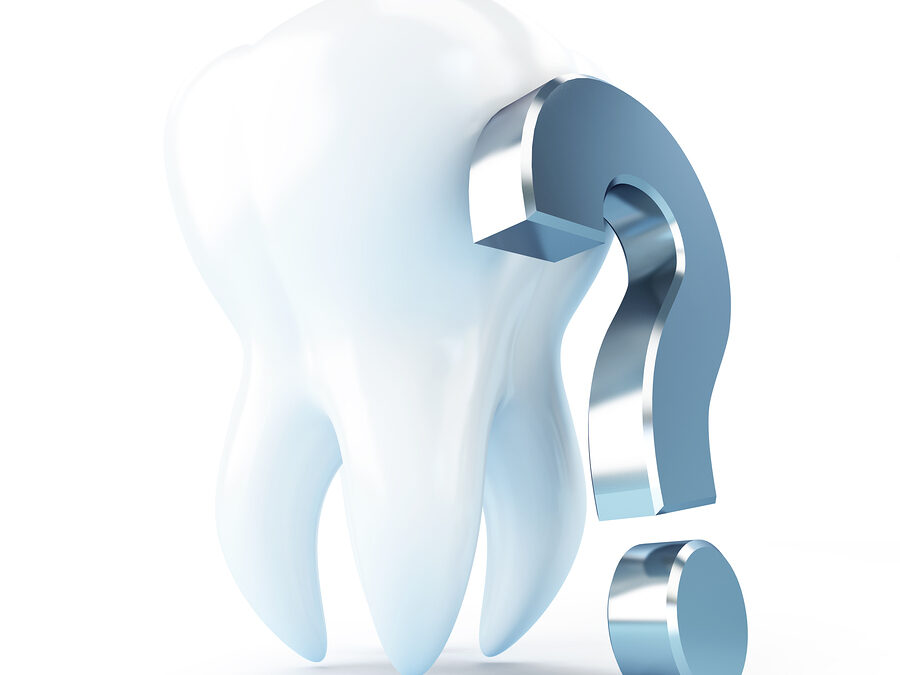
by Dr. Jacqueline S. Allen | Apr 21, 2014 | Blog, Dentistry, Endodontics
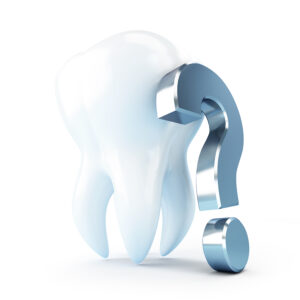 Just about everyone knows how important it is to go to the dentist, but understanding what an endodontist can do for you may not be common knowledge. What is the difference between the services provided by an endodontist versus a regular dentist? Dr. Jacqueline S. Allen of Phoenix Endodontic Group is happy to describe the differences.
Just about everyone knows how important it is to go to the dentist, but understanding what an endodontist can do for you may not be common knowledge. What is the difference between the services provided by an endodontist versus a regular dentist? Dr. Jacqueline S. Allen of Phoenix Endodontic Group is happy to describe the differences.
To help you understand the basics, endodontics is the study of the pulp inside your teeth, where connective tissues, nerves, arteries and veins live. Usually this pulp is protected by your enamel but can become compromised by cracks or cavities, leading to decay. This is where an endodontist saves the day! “The basic dental degrees are DMD (Doctor of Medical Dentistry) and DDS (Doctor of Dental Surgery). The difference is determined by the curriculum at the Dental School where the dentist attended. To become an Endodontist (Specialist), a dentist needs to attend a two year specialty program for an Endodontic Certificate or a three year program for a Masters Degree in Endodontics. Endodontists that only have DDS or DMD after their name have a certificate, Endodontists that have MS or MSD after their name have a Masters Degree in Endodontics.” says Dr. Allen, whose credentials are D.D.S., M.S.
While a general dentist may be able to perform procedures such as a root canal, he or she may only do a few of these per week and on simpler tooth structures. “Molar teeth and any retreatments are best performed by Endodontists. Molar teeth can have unique anatomy which makes finding all of the canals tricky, especially if the dentist does not use surgical microscopes when performing their procedures,” says Dr. Allen. “Surgical microscopes, Apex locaters, Cone Beam Computerized Tomography (CBCT) are all tools employed by endodontists to make the root canal experience as worry-free as possible for the patient.”
Generally, everyone needs to see a dentist twice a year for cleanings and exams. When your dentist identifies an issue more complex than he or she has the equipment or training to complete, you will be referred to an endodontist. For any question regarding the comfort or health of your teeth, call Phoenix Endodontic Group today!

by Dr. Jacqueline S. Allen | Apr 14, 2014 | Blog, Business, Dentistry, Endodontics
The premier dental practice instated thin clients to create a secure VDI environment protecting patient files at an affordable cost for their small healthcare service. In the healthcare industry protecting patient data is the key and setting up a secure VDI environment with thin clients was the best, yet affordable solution.
 Customer Overview
Customer Overview
The Phoenix Endodontics Group is a premier endodontic specialty dental practice started in 2001. It is a relatively small practice consisting of three endodontists and is located in Phoenix and the Paradise Valley areas in Arizona. The practice has approximately 15 employees.
Challenge:
The Phoenix Endodontic Group had a mixed environment of Dell thin clients and traditional desktops. The devices connected to Citrix VDI environment with Windows 7 operating capabilities. The practice found that their current Dell thin clients were not properly redirecting USB image sensors to the patients’ dental electronic medical records and needed a solution.
Additionally, the Phoenix Endodontic Group found inconsistencies and technical problems similar to the issues they were facing with their Dell thin client devices with their traditional desktop units located in their front desk and administrative areas. These errors often occurred with USB based devices, scanners, and cameras.
Solution:
Facing the challenges above, the Phoenix Endodontic Group contacted a Devon IT integration partner in the Phoenix area, Phoenix PC Networking, who specializes in IT solutions for small and medium size companies.
Through Phoenix PC Networking, they purchased 10 Acer Veriton N2010G units running with DeTOS a Linux based thin client OS. They also re-imaged four of their Dell PC’s using Devon IT’s VDI Blaster software. The purchase of the 10 thin clients was used to solve the USB redirect challenge, and to allow the practice’s USB image sensors to communicate wirelessly with electronic patient medical records. This communication enabled the staff to pull patient images, send snapshots of images in real time, and maintain the records.
The purchase of Devon IT’s VDI Blaster software was then used to re-image four Dell PC’s located in the front desk area and in other administrative locations. This would allow for more efficient and reliable use of the daily USB devices used by the staff, increase over all security when dealing with confidential patient records, and create a user friendly environment for all current and future incoming staff.
Results and Benefits
Initial Results.
The 10 new Acer Veriton thin clients and re-imaged Dell PCs with VDI Blaster proved to be a perfect and cost effective solution for this small-sized medical-service provider. The Acer Veriton N 2010G with DeTOS eliminated the issue of USB redirect of patient information to their respective electronic medical records. The practitioners and other dental staff were able to successfully and wirelessly transmit patient information securely from medical devices to the patients’ electronic medical records.
Additionally, the Phoenix Endodontic Group found that the original inconsistencies and technical problems with the four Dell desktop units were also eliminated thanks to re-imaging with Devon IT’s VDI Blaster. The front desk and other administrative staff were able to use all USB devices with ease and securely handle sensitive patient documents with no additional training required.
The staff at Phoenix Endodontics benefited greatly from the simple VDI environment of the Acer thin clients that mirrors traditional PCs, which resulted in 0 time-lost due to staff training on the new devices.
Conclusion
The Phoenix Endodontic Group offered a perfect opportunity to highlight the benefits of alternative desktop computing for a small medical service provider in the healthcare industry.
“The healthcare industry can be a tedious place for technology with all of the privacy regulations and continued demand for increase security of patient documents,” said James T. Snodgrass, Phoenix PC Networking’s assigned integrator for the Phoenix Endodontic Group transition. “The Acer Veriton N2010G units and VDI Blaster repurposed PC’s gave our client the required technology updates that were sought when Phoenix Endodontics contacted us, and it also provided them with the increased security that is demanded in this industry.”
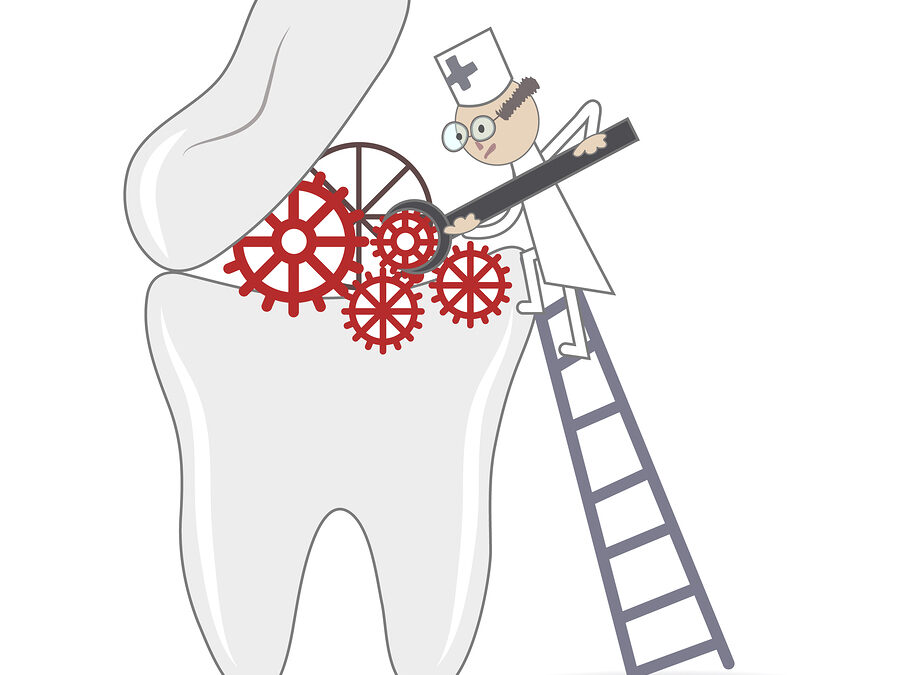
by Dr. Jacqueline S. Allen | Mar 17, 2014 | Blog, Dentistry, Root Canal
Sometimes when an endodontic patient hears the phrase “root canal,” it strikes fear into their very heart. Today’s procedures are nothing to be afraid of, especially for patients of Phoenix Endodontic Group.
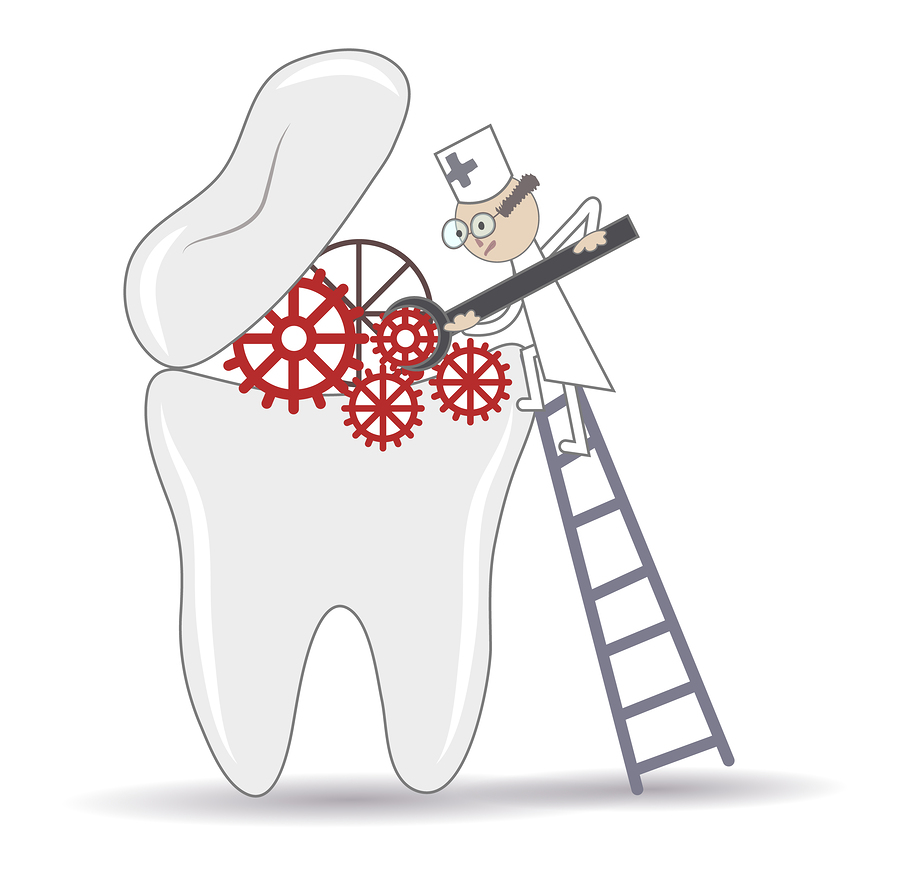 During a root canal, the innermost part of the tooth is removed, cleaned, and filled. Finally, a crown will be set in place to finish it off and create a strong new tooth. The procedure typically takes anywhere from 45 minutes to two hours total, depending on how badly the tooth is damaged and how much repair must be done. Your endodontist will take great care to make sure you don’t feel any discomfort while the procedure is taking place and to help you with any anxiety you might have.
During a root canal, the innermost part of the tooth is removed, cleaned, and filled. Finally, a crown will be set in place to finish it off and create a strong new tooth. The procedure typically takes anywhere from 45 minutes to two hours total, depending on how badly the tooth is damaged and how much repair must be done. Your endodontist will take great care to make sure you don’t feel any discomfort while the procedure is taking place and to help you with any anxiety you might have.
According to Dr. Jacqueline Allen, when asking patients about their pain level on a scale of one to ten, the majority of patients would report a pain level of “three, after 48 hours, all teeth treated with a root canal should be completely pain free between 5 to 7 days after the procedure.” She goes on to note that “Some patients come to us with acute discomfort due to infection (waiting too long), in that case the healing process may take a little longer.”
After your root canal is complete, any pain that you do feel can be treated with the use of ibuprofen taken consistently for the first couple of days. For patients with more complicated cases and have higher pain levels, “prescription for a pain reliever can be prescribed to break the cycle of pain.” Dr. Allen also mentions a drug-free way of handling post-procedure pain: “A cold compress 15 minutes on and 15 minutes off will help ease swelling and discomfort.”
Most patients find the mild discomfort of a root canal to be very temporary, and are so pleased with the result that they soon forget about any brief moments of discomfort they may have felt. With Dr. Allen of Phoenix Endodontic Group helping you, all you’ll notice is your beautifully restored and pain-free tooth!
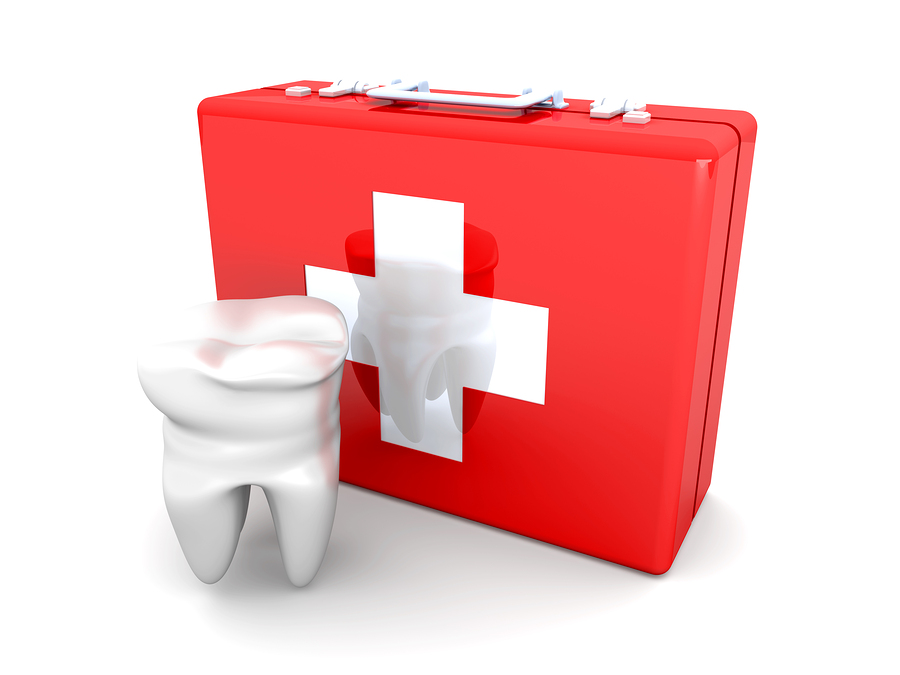
by Dr. Jacqueline S. Allen | Mar 3, 2014 | Blog, Dentistry, Endodontics
Dental emergencies are no laughing matter. They can be painful and unpleasant to deal with, especially when you are talking about broken or chipped teeth. Why should you worry about a cracked tooth and what should you do if you experience one?
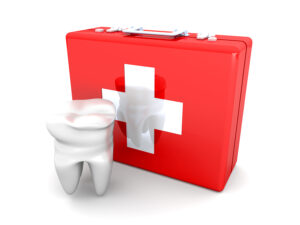 Fractured teeth aren’t just a cosmetic issue, though they can certainly make you self conscious if the chip is in a spot that shows when you talk or smile. Depending on the type of break, you may suffer damage to your tongue or interior cheek due to sharp edges, sensitivity to hot or cold foods, pain when biting or chewing, loss of the tooth, and infection if the crack is left unattended.
Fractured teeth aren’t just a cosmetic issue, though they can certainly make you self conscious if the chip is in a spot that shows when you talk or smile. Depending on the type of break, you may suffer damage to your tongue or interior cheek due to sharp edges, sensitivity to hot or cold foods, pain when biting or chewing, loss of the tooth, and infection if the crack is left unattended.
Dr. Jacqueline S. Allen of Phoenix Endodontic Group treats many dental emergencies at her practice. “Younger people (those under 25) are more subject to dental trauma from sports or activities,” says Dr. Allen, going on to state that “any age can have dental trauma from car accidents, falling, etc. In general the elderly are more likely to have biting incidents that damage teeth.” You may also experience superficial cracks in your tooth enamel as you age, which are generally just cosmetic in nature but may still be bothersome.
You may not be able to prevent all tooth breaks from occurring, but you can lessen your chances for chipped or fractured teeth by using protective mouth guards during sporting events and being vigilant about your twice-yearly dentist appointment. Your endodontic specialist can monitor your dental health and fix minor cracks before they become a big problem.
Regardless of the cause, if you do suffer a chip or break, get to a dental or endodontic specialist right away. Bring along any pieces that may have broken off from the tooth. Some breaks may be repaired with a crown, others may require a root canal, and some may need to be extracted completely.
By seeking treatment following dental emergencies, the more likely it is that Phoenix Endodontic Group can save the tooth or use less extensive measures in its repair.

by Dr. Jacqueline S. Allen | Feb 24, 2014 | Blog, Dentistry, Endodontics
Patients come to Phoenix Endodontic Group for many reasons, one of which is tooth pain. Tooth pain can be dull and throbbing or sharp and severe, either of which having various causes. The good news is that some of these triggers are controllable and the effects can be very treatable.
Do you experience pain after eating or drinking something hot or cold? This type of sensitivity is fairly common and can be caused by the wrong toothpaste or hard brushing, tiny cracks in the enamel of your teeth, or erosion of your tooth enamel. The solution may be twofold: The first component is a special type of toothpaste designed to reduce tooth sensitivity and strengthen your enamel. In addition, work with your doctor to switch to a diet containing less acidic foods. Eliminating or reducing troublemakers like soda, certain fruits, and sauces will help minimize further erosion and reduce sensitivity problems.
Tooth pain can also come from infections or abscesses, both of which are rather dangerous situations that can lead to not only tooth loss but also serious medical problems if not treated properly. Trauma like a broken or chipped tooth, and also a decaying tooth that you may not even be aware of can allow bacteria to infiltrate the tooth’s enamel and travel into the gums, and beyond into the bloodstream. There are many reasons to “ensure you have regular dental checkups (every six months) and avoid using teeth as scissors!” says Dr. Jacqueline S. Allen, from her Phoenix Endodontic practice.
Applying a little common sense will help you avoid the dental injuries and problems that are likely to result in pain. If you are an athlete, wear protective mouth guards during sporting activities, especially if they involve contact or flying objects. Make a great habit of brushing and flossing properly, and don’t miss your twice-yearly dental appointments. See your endodontic specialist regularly for preventive maintenance, and immediately if you have a problem. Phoenix Endodontic Group can help you keep your mouth healthy and happy, but you’ve got to make the first call!

 Like every other profession, dentistry is going through rapid change here in the early 21st century. Advances in technology, proliferation of the internet, changes to the healthcare system and better consumer awareness are all factors in the way dental services today are delivered to patients. Such is the case with general dentists and specialists (Endodontists) alike.
Like every other profession, dentistry is going through rapid change here in the early 21st century. Advances in technology, proliferation of the internet, changes to the healthcare system and better consumer awareness are all factors in the way dental services today are delivered to patients. Such is the case with general dentists and specialists (Endodontists) alike.

 Just about everyone knows how important it is to go to the dentist, but understanding what an endodontist can do for you may not be common knowledge. What is the difference between the services provided by an endodontist versus a regular dentist? Dr. Jacqueline S. Allen of
Just about everyone knows how important it is to go to the dentist, but understanding what an endodontist can do for you may not be common knowledge. What is the difference between the services provided by an endodontist versus a regular dentist? Dr. Jacqueline S. Allen of 
 Customer Overview
Customer Overview
 During a root canal, the innermost part of the tooth is removed, cleaned, and filled. Finally, a crown will be set in place to finish it off and create a strong new tooth. The procedure typically takes anywhere from 45 minutes to two hours total, depending on how badly the tooth is damaged and how much repair must be done. Your endodontist will take great care to make sure you don’t feel any discomfort while the procedure is taking place and to help you with any anxiety you might have.
During a root canal, the innermost part of the tooth is removed, cleaned, and filled. Finally, a crown will be set in place to finish it off and create a strong new tooth. The procedure typically takes anywhere from 45 minutes to two hours total, depending on how badly the tooth is damaged and how much repair must be done. Your endodontist will take great care to make sure you don’t feel any discomfort while the procedure is taking place and to help you with any anxiety you might have.
 Fractured teeth aren’t just a cosmetic issue, though they can certainly make you self conscious if the chip is in a spot that shows when you talk or smile. Depending on the type of break, you may suffer damage to your tongue or interior cheek due to sharp edges, sensitivity to hot or cold foods, pain when biting or chewing, loss of the tooth, and infection if the crack is left unattended.
Fractured teeth aren’t just a cosmetic issue, though they can certainly make you self conscious if the chip is in a spot that shows when you talk or smile. Depending on the type of break, you may suffer damage to your tongue or interior cheek due to sharp edges, sensitivity to hot or cold foods, pain when biting or chewing, loss of the tooth, and infection if the crack is left unattended.
